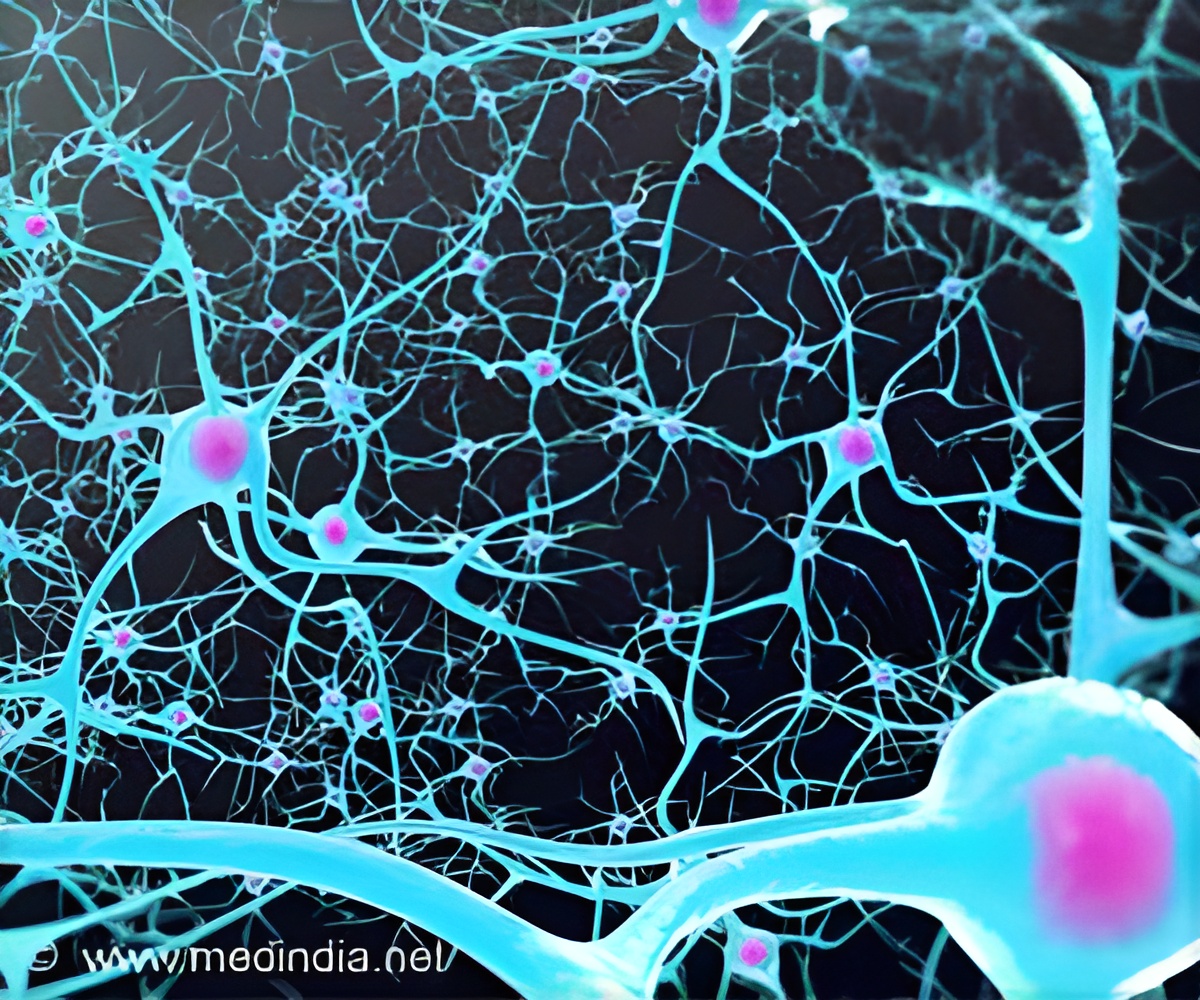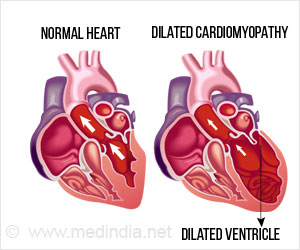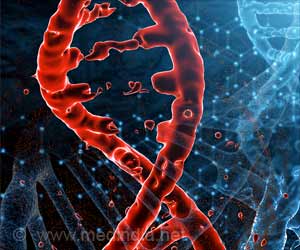The pathological accumulation of tau proteins in Alzheimer’s disease (AD) unfolds its dynamic chemical transitions with the progression of the disease over time.

‘The pathological accumulation of tau proteins in Alzheimer’s disease (AD) unfolds its dynamic chemical transitions with the progression of the disease over time. This might lead to the development of novel therapeutics, and biomarkers for Alzheimer's disease, targeting various stages of dementia.’





Tau protein pathology: The tau tangles generally accumulate in our brains as we age. But when these tangles start to misfold, it leads to abnormal aggregates of tau proteins causing Alzheimer's disease. The research team examined the tau aggregates in tissues of two areas of the human brain – the frontal gyrus and the angular gyrus, using FLEXITau.
FLEXITau is a novel mass spectrometry technique that provides information on chemical modifications of tau in brain tissue.
49 patients with AD and 42 age-matched individuals without known Alzheimer's or dementia were enrolled for the study. It was observed that the chemistry of tau proteins underwent several changes known as post-translational chemical modifications (PTMs), correlating with the dementia stage. The team untangled 95 PTMs of the tau protein; among which, one-third of them were not described before.
This study highlights the fact that more than one drug target against tau might be needed for various stages of Alzheimer’s disease. "Early intervention may need different therapeutics compared with late-stage Alzheimer's because of the distinct PTM profiles associated with each stage of disease", says Steen, Ph.D. and lead investigator of the research.
Advertisement
Source-Medindia














